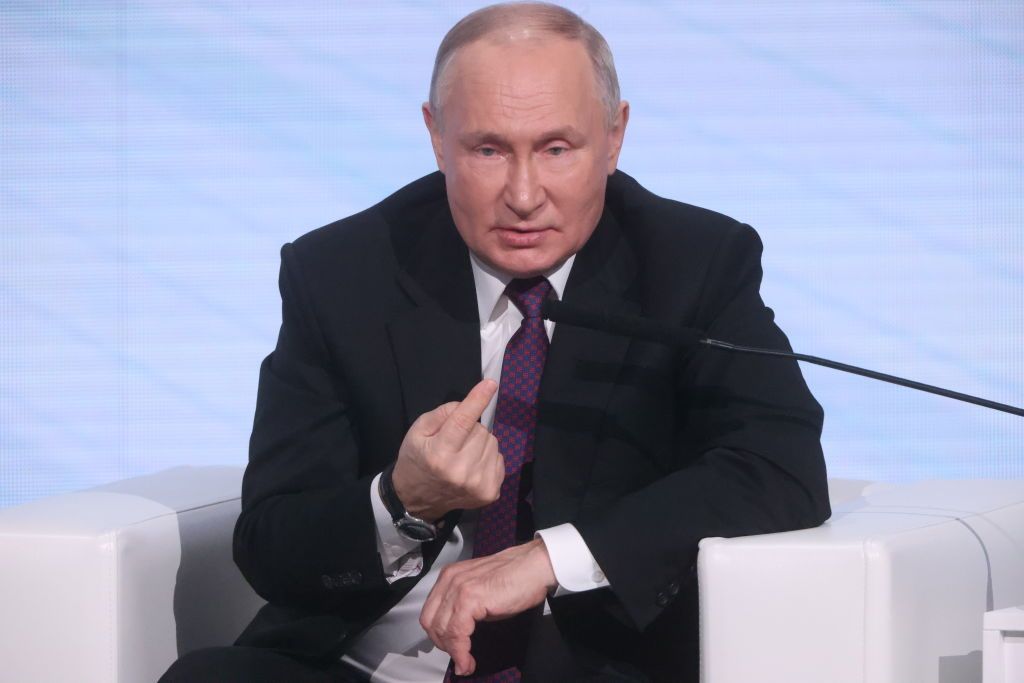ISW: Kremlin may allow some anti-war opposition to frame Russian presidential election as referendum on war

The Kremlin may allow for some anti-war opposition from Russian presidential candidates, aiming to frame the controlled outcome of Russian President Vladimir Putin's re-election as a "positive referendum" on the war in Ukraine, the Institute for the Study of War (ISW) wrote in its assessment on Jan. 23.
The ISW notes that the Kremlin may allow for the nomination of anti-war politician Boris Nadezhdin to funnel opposition votes and portray a "semblance of choice while ultimately ensuring the re-election of Russian President Vladimir Putin" in the March presidential election.
Nadezhdin, a former Russian parliamentarian, has collected more than 100,000 signatures as part of the nomination process, but has yet to reach the signature threshold established by the Russian Central Election Commission (CEC) to become a candidate.
During an interview with independent Russian media outlet Verstka, Nadezhdin said that he believes the CEC will have to register him as a candidate due to his claimed broad support among the Russian electorate.
Nadezhdin campaign website explicitly lists his positions as "peace" instead of "militarism," "civil society" instead of "Putin's (power) vertical," and "cooperation with European countries" rather than "Russia's isolation," among other views that contradict Putin's policies.
Nadezhdin was a close associate to Boris Nemtsov, a Russian opposition figure assassinated in 2015. He then moved to closer align with the Kremlin's current presidential administration, before publicly denouncing Russia's invasion of Ukraine.
Nadezhdin has previously said that he supports Russia's constitution and considers himself a "Russian patriot." He also said that the citizens of Crimea wanted to join Russia. When asked if he would return the Ukrainian territories illegally occupied by Russia, he declined to answer directly.
Putin is seeking a fifth term as president in an election scheduled for March 2024 that he is widely expected to win handily.
In 2020, Russia held a rigged vote to approve constitutional amendments allowing Putin to run for two more presidential terms after his current one expires in 2024. The vote effectively made Putin, who has been in power since 1999, a dictator for life.











